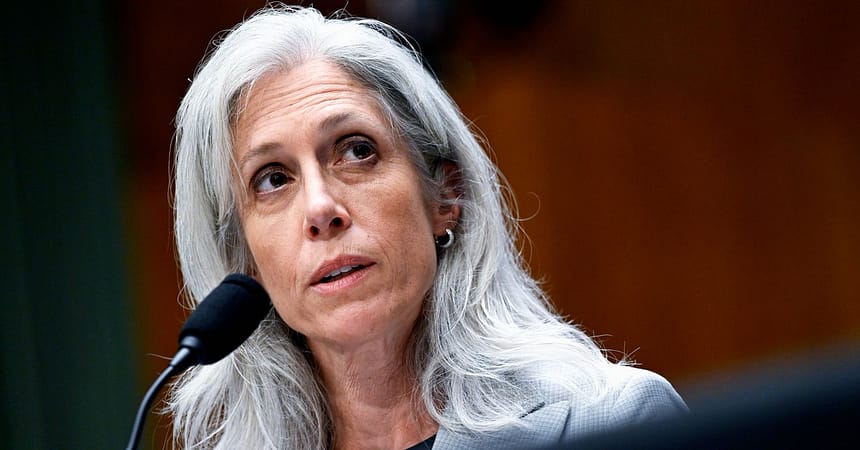Debra Houry, former chief medical officer and deputy director for program and science at CDC, who was one of several agency officials to resign in the wake of Monarez’s firing, also testified during Wednesday’s hearing.
“I resigned because CDC leaders were reduced to rubber stamps, supporting policies not based in science, and putting American lives at risk. Secretary Kennedy censored CDC’s science, politicized its processes, and stripped leaders of independence. I could not and in good conscience, remain under those conditions,” Houry said.
She also accused Kennedy of halting flu campaigns despite the severity of the 2024-2025 flu season, as well as spreading misinformation and promoting unproven treatments for measles.
Houry said she learned that Kennedy had changed the CDC’s Covid-19 vaccine guidance from a social media post on X. “CDC scientists have still not seen the scientific data or justification for this change. That is not gold-standard science,” Houry said, referring to a statement in May that HHS will no longer recommend the vaccine for healthy children and pregnant women
Monarez said Secretary Kennedy had not communicated his plans to change the childhood vaccination schedule to her until their meeting on August 25. Monarez said she told Kennedy that she would be open to changing the childhood vaccine schedule if the evidence or science supported those changes. Kennedy responded that there was no existing science or evidence and elaborated that CDC had never collected that data, according to Monarez.
Monarez said she could not agree to approving ACIP recommendations before knowing what they were. “I have built a career on scientific integrity, and my worst fear was that I would then be in a position of approving something that would reduce access to life-saving vaccines to children and others who need them,” she said.
This Thursday, ACIP is set to discuss the hepatitis B vaccine, which has been recommended for newborns within 24 hours of birth since 1991. But the committee is expected to vote on removing that recommendation and delaying the birth dose of the hepatitis B vaccine until age 4.
Each year in the US, an estimated 25,000 infants are born to women diagnosed with the hepatitis B virus, or HBV, a serious liver infection that can lead to cirrhosis and cancer. Before the vaccine was introduced, nearly 20,000 babies and children were infected with HBV each year in the US. Now, fewer than 20 get the disease from their mothers.
“Now that we’ve controlled it, do we let the genie out of the bottle? If the recommendation goes away, and a parent does want the vaccine, insurance will no longer cover it free of charge. She’ll be forced to pay out of pocket,” Senator Cassidy said at the conclusion of the hearing. Vaccine coverage is typically tied to ACIP recommendations.
Cassidy was initially hesitant about Kennedy’s nomination as HHS secretary, given his prior statements about vaccines, but he supported him after, he has said, Kennedy promised to maintain vaccine availability and not undermine public trust in them.
ACIP is slated to discuss Covid-19 vaccines on Friday.





